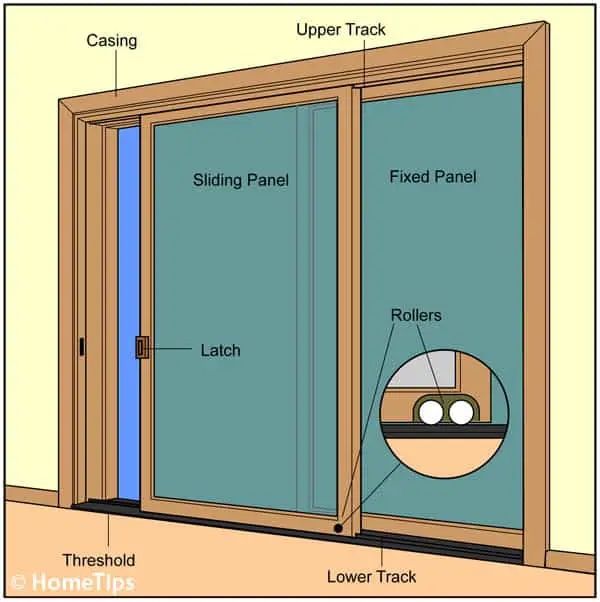Credit Scores can help or hurt you: What you should know.
Credit - what is it and how to build it

What is a credit score?
A credit score is a number based on the information in your credit reports. Most credit scores range from 300 to 850, and where your score falls in this range represents your perceived credit risk. In other words, it tells potential lenders how likely you are to pay back what you borrow.
Your credit scores can affect whether a lender approves you for a mortgage, auto loan, personal loan, credit card or other type of credit. And if you’re approved, your credit scores can also help determine the interest rate and terms you’re offered.
How credit scores are created?
Credit scores are calculated using the information in your credit reports. Each of the three main consumer credit bureaus — Equifax, Experian and TransUnion — produces a credit report with information from lenders, credit card issuers and other financial institutions.
Your credit reports include information about your credit history and activity. The credit bureaus rely on credit scoring models such as VantageScore and FICO to translate all this information into a number.
While each credit scoring model uses a unique formula, the models generally account for similar credit information. Your scores are typically based on factors such as your history of paying bills, the amount of available credit you’re using and the types of debt you have (we’ll cover these factors in detail later).
Federal law prohibits credit scores from factoring in personal information like your race, gender, religion, marital status or national origin. That being said, it’s not necessarily true that the American financial system is unbiased — or that credit lending and credit scoring systems don’t consider factors affected by bias. To learn more about racial justice in lending and initiatives seeking to create change, connect with organizations leading the fight, like the ACLU.
Why are credit scores important?
Credit scores are a critical component of everyday life. Credit scores are most commonly used by financial institutions (banks, credit card companies, mortgage lenders) to assess how likely you will pay back borrowed money.
However, credit scores aren’t limited to loans and the interest rates you pay. Credit scores may be used to determine premiums for your auto coverage, whether you can rent an apartment, your deposit size for utilities, and employment within certain industries.
What Influences your credit score?
There are 6 primary factors that influence your score.
1. Payment History - Extremely Influential
Repayment behavior (current, late, or charged-off). Pay all your bills on time.
2. Age and type of credit - Highly Influential
Length of credit history and types of credit. Maintain a mix of accounts (credit cards, auto, mortgage) over time to improve your score.
3. % of credit limit used - Highly Influential
Proportion of credit amount used/owed on accounts. Keep revolving balances low, under 30%, of credit limits. A low utilization rate shows lenders you’re responsible with your credit, and can boost your FICO® Score. The standard recommendation is to keep it under 30%
4. Total balances/debt - Moderately Influential
Total amount of recently reported balances (current and delinquent). Reduce the amount of debt you owe.
5. Recent credit behavior - Less Influential
Number of recently opened credit accounts and credit inquiries. Don't open too many new accounts too quickly.
6. Available credit - Least Influential
Amount of credit available. Only open the amount of credit you need.
FICO and VantageScore are the two main companies that compile credit scores. FICO is used by 90% of lenders, while VantageScore is mainly used by sites that offer free credit scores. Both companies use a similar scoring algorithm, so the two credit scores should be relatively similar.
FICO and VantageScore credit scores range between 300 and 850. Anything above 670 is considered good, while scores above 800 are considered excellent.
Building a good credit score is simpler than you think, but it will take time. The most important factor is the payment history, which makes up 35% of your credit score. If you consistently make your bill and loan payments on time, your score will improve.
Late payments past 30 days will be reported to the credit bureaus. The later the payment, the worse the impact it will have on your credit score. If you forget to pay a loan or credit card bill, you should make it as soon as possible.
The next most important factor in a credit score is your credit utilization percentage, or how much credit you currently use compared to how much total credit you have. This makes up 30% of your credit score.
To calculate your credit utilization percentage, add the current balance on your credit card and divide it by the total credit limit on the card. You should have a credit utilization percentage of 10% or less to maximize your credit score.
You can improve the credit utilization percentage by paying down your credit card balances. Start with the card with the highest utilization percentage and get it below 10%.
Benefits of having a good credit score
Good credit is crucial when applying for loans, lines of credit and credit cards. Approval is much easier when you have good credit, and you're more likely to qualify for a low-interest rate.
Here's how much a good credit score can help you. Let's say you want to take out a $200,000 mortgage, and you have a credit score between 620 and 639. You may qualify for a 6.788% interest rate on a 30-year mortgage. If you had a credit score between 680 and 699, however, you would qualify for a 5.598% interest rate and end up saving $55,565 in total interest.
Having good credit can also make it easier to set up utilities for a house or apartment. If you don't have good credit, you may have to provide a refundable deposit. Car insurance companies will also run a credit check, and those with good credit may pay lower premiums than those with poor credit.
https://www.cbsnews.com/news/whats-good-credit-score-determining-factors/
How to get your free credit scores
On Credit Karma, you can get your free VantageScore 3.0 credit scores from Equifax and TransUnion.
You can also get your credit scores from the three main consumer credit bureaus, though you may be charged a fee. (You’re entitled to a free copy of your credit reports from each of the three credit bureaus every year, but not your scores.)












